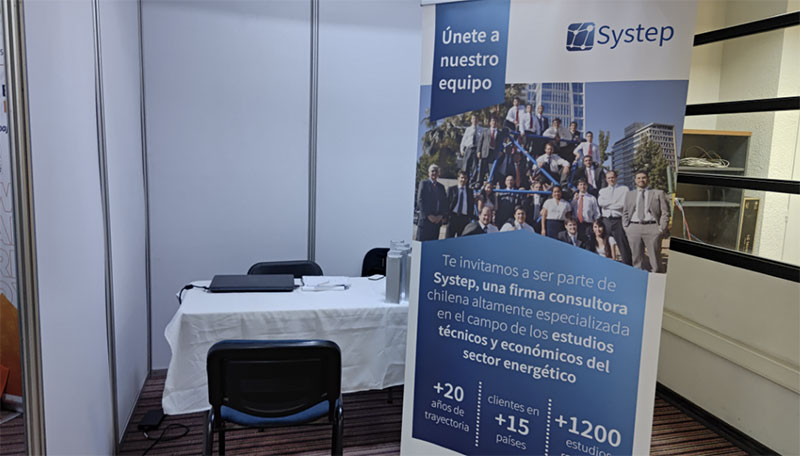
This was one of the topics discussed at a seminar organized by the Chilean Australian Chamber of Commerce (Auscham) on the incorporation of renewable energies into the electricity system.

In the framework of the announcements of the Ministry of Energy to move towards a strategy of flexibility in the regulation of the electricity sector, the Chilean Australian Chamber of Commerce (Auscham) held a discussion that addressed this issue, with the participation of specialists Rodrigo Palma, member of the Scientific Committee of COP25; Cristián Muñoz, director of Breves de Energía; Andrés Salgado, managing partner of ENC Energy Consultants; Rodrigo Cienfuegos, CEO of
Prime Energía
and Óscar Morales, of the consulting firm Systep.
The debate delved into the national electricity scenario, the incorporation of renewable energies and the importance of flexibility and the use of different types of generation that allow a safe integration of these energies into the energy matrix.
Changes
For Rodrigo Cienfuegos, “the changes are important, but it must be understood that they can generate uncertainty for investors, as happened with the stabilized price. That is why, many times, a law is more effective in giving better signals to investors”.
Cristián Muñoz, on the other hand, raised the need to move forward through regulations, because “many times, a very technical law is more inflexible, so these types of changes should be made by regulation”.
According to Andrés Salgado, a flexibility strategy must promote the arrival of new technologies, and he therefore proposed the need to have a “varied matrix where thermal and renewable generation coexist in order to maintain service security”.
Rodrigo Palma referred to the incorporation of renewable energies and the carbon neutrality goals defined by the government, specifying that “in an increasingly renewable scenario, the payment for capacity must be higher than the current one in order to maintain investment incentives”.
He added that the carbon neutral transition is not about stopping production, but about doing so in a responsible manner.
In this regard, Cristián Muñoz pointed out that an energy-only market is not efficient and, therefore, does not solve service security problems.
Finally, Óscar Morales pointed out that with the penetration of renewable energies by 2020, there should be no problems due to their variability, but that if this growth continues, it will be necessary to have greater flexibility.






